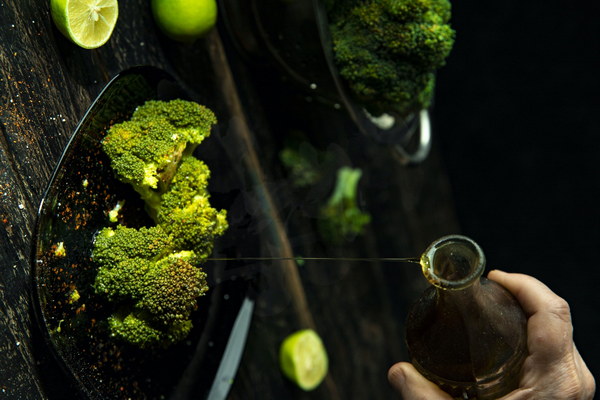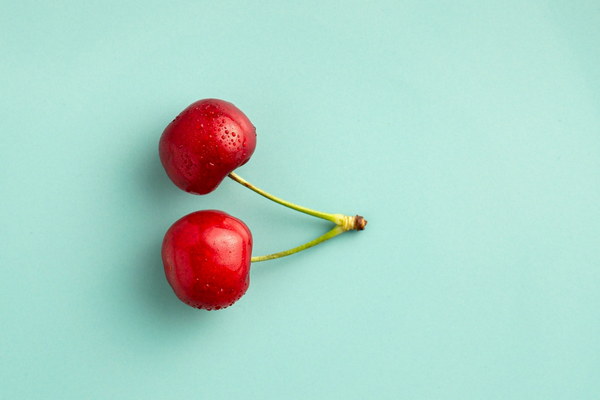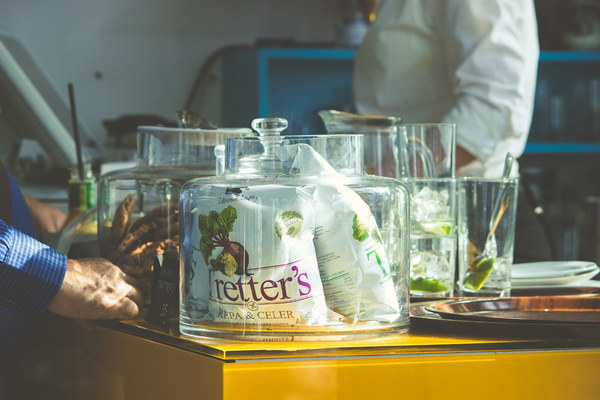Understanding the Levels of Kidney tonification in Traditional Chinese Medicine
In Traditional Chinese Medicine (TCM), the concept of kidney tonification holds a significant place in the holistic healing approach. The kidneys, known as the root of life, play a crucial role in maintaining the balance of the body's energy, or Qi. This article aims to delve into the various levels of kidney tonification in TCM and their implications in treating different health conditions.
1. Basic Concept of Kidney Tonification
In TCM, the kidneys are responsible for storing essence (Jing), which is the fundamental substance of life. Jing is inherited from one's parents and is essential for growth, development, and reproduction. As people age, the essence gradually diminishes, leading to various signs of aging and weakness. Kidney tonification, therefore, aims to replenish and strengthen the kidneys' essential substances to maintain a healthy body and delay the aging process.
2. Levels of Kidney Tonification
a. Deficiency of Kidney Yin
Kidney Yin deficiency is a common condition in TCM, often associated with symptoms such as dizziness, tinnitus, hot flashes, night sweats, and dryness of the eyes, mouth, and skin. To address this condition, TCM practitioners may employ herbal formulas that nourish kidney yin, such as Rehmannia 8 (Baizhu San) or Six-Ingredient Decoction (Liuhuang San).

b. Deficiency of Kidney Yang
Kidney Yang deficiency is characterized by symptoms like cold limbs, low back pain, fatigue, and impotence. To treat this condition, TCM practitioners may recommend herbal formulas that tonify kidney yang, such as Euryale Seed and Cistanche (Shenqi fu ling san) or Jin Gui Shenqi Wan.
c. Kidney Qi Deficiency
Kidney Qi deficiency is a condition where the body's vital energy (Qi) is weakened due to kidney dysfunction. Symptoms may include weakness, fatigue, and poor immune function. To address this issue, TCM practitioners may use herbal formulas such as Astragalus Root and Codonopsis Root (Bai Hu Tang) or Ren Shen (Gan Cao) and Codonopsis Root (Shen Qi Wan).
d. Kidney Essence Deficiency
Kidney essence deficiency is the most severe level of kidney dysfunction, affecting the body's fundamental substances. Symptoms include infertility, osteoporosis, and severe aging signs. TCM treatment for this condition often involves using herbal formulas that nourish kidney essence, such as Epimedium and Cuscuta (Shen Yen San) or He Shou Wu and Cistanche (Bu Gu Zhi San).
3. Integration of Kidney Tonification in Modern Healthcare
The principles of kidney tonification in TCM have been increasingly recognized in modern healthcare. Many studies have shown the effectiveness of TCM in treating various kidney-related conditions. Moreover, the integration of TCM with Western medicine has led to the development of new treatment approaches that combine the strengths of both systems.
4. Conclusion
Understanding the different levels of kidney tonification in TCM is essential for healthcare professionals and patients alike. By recognizing the unique characteristics of each level, practitioners can tailor treatment plans to address specific kidney-related issues more effectively. As the world continues to embrace holistic healthcare, the integration of TCM kidney tonification principles into modern medicine will undoubtedly contribute to the betterment of human health.









